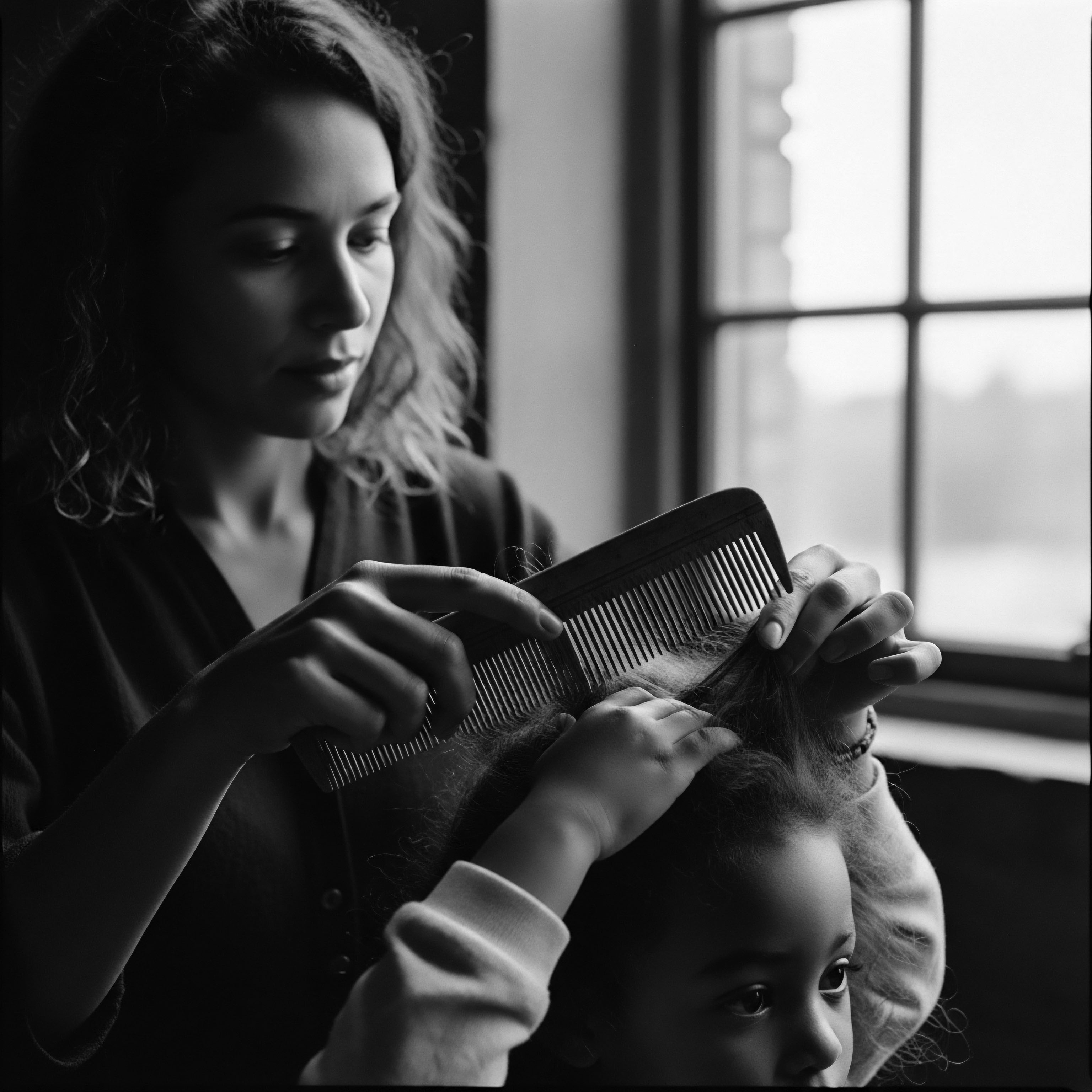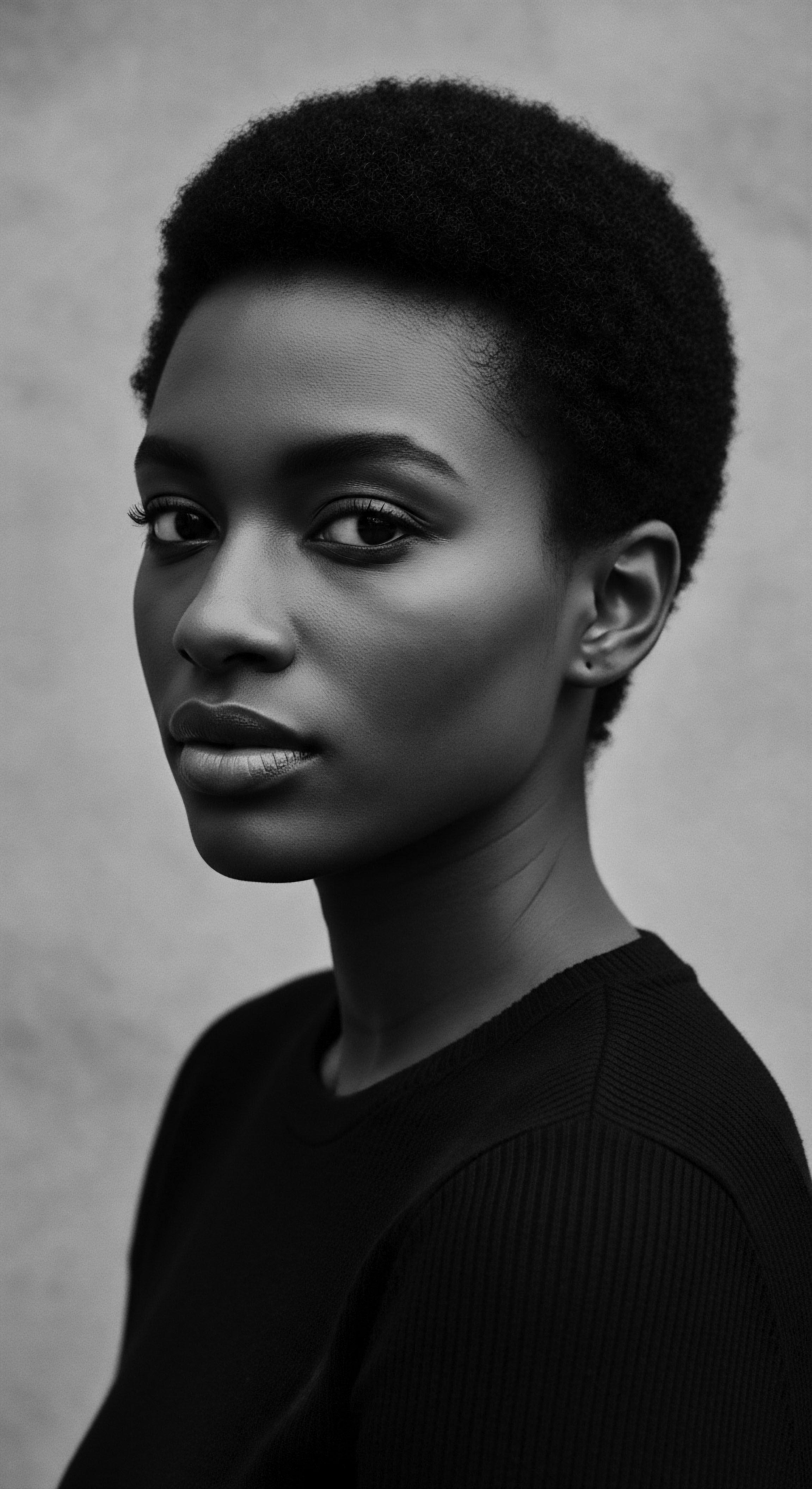
How Do Headwraps Connect Modern Care to Historical Heritage?
Headwraps connect modern textured hair care to historical heritage by serving as protective coverings, cultural markers of identity, and symbols of resilience against oppressive norms.
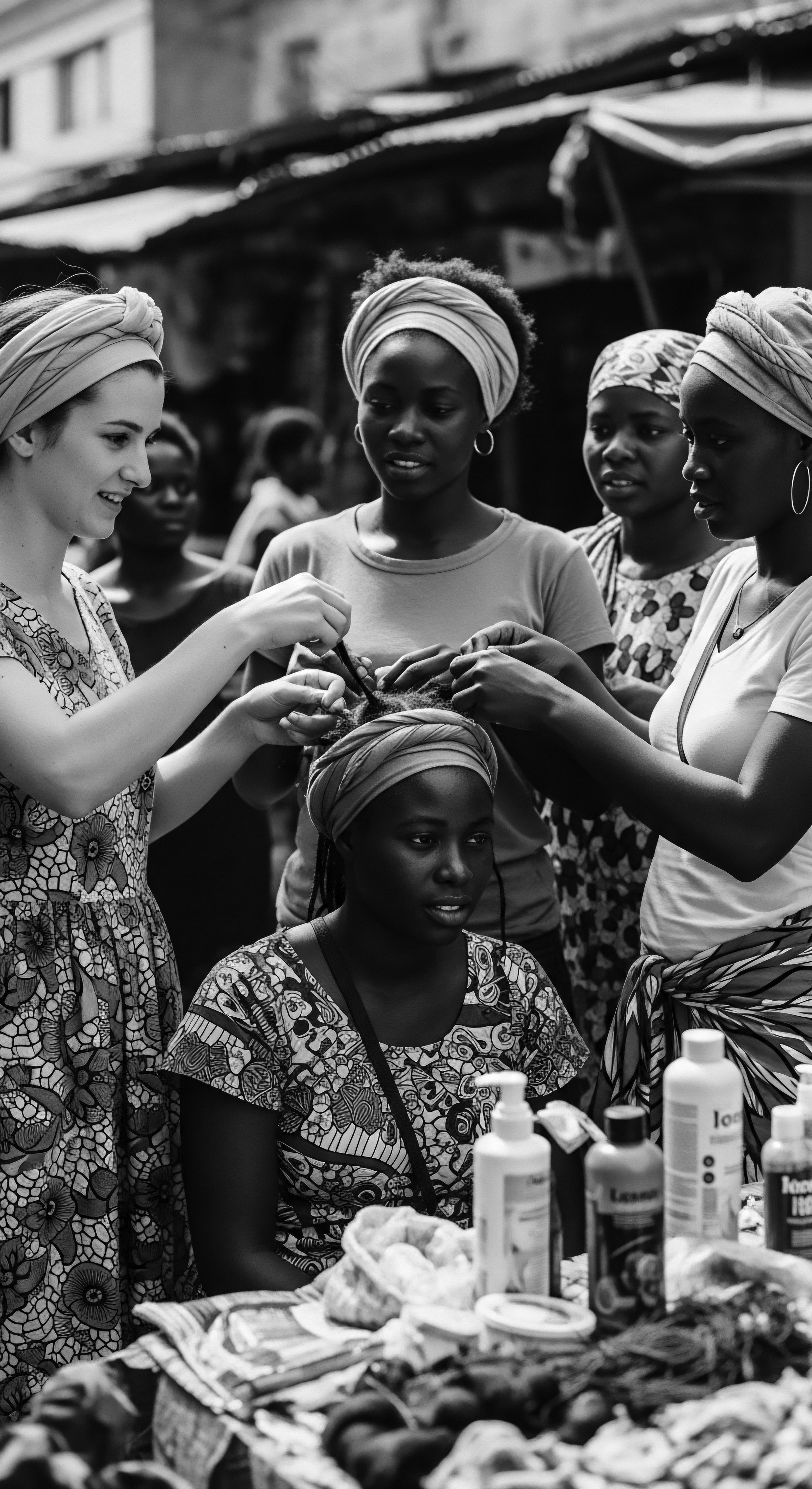
What Is the Lineage of Textured Hair Cultural Practices?
Textured hair cultural practices represent a rich heritage of identity, resistance, and communal care originating in ancient African societies.
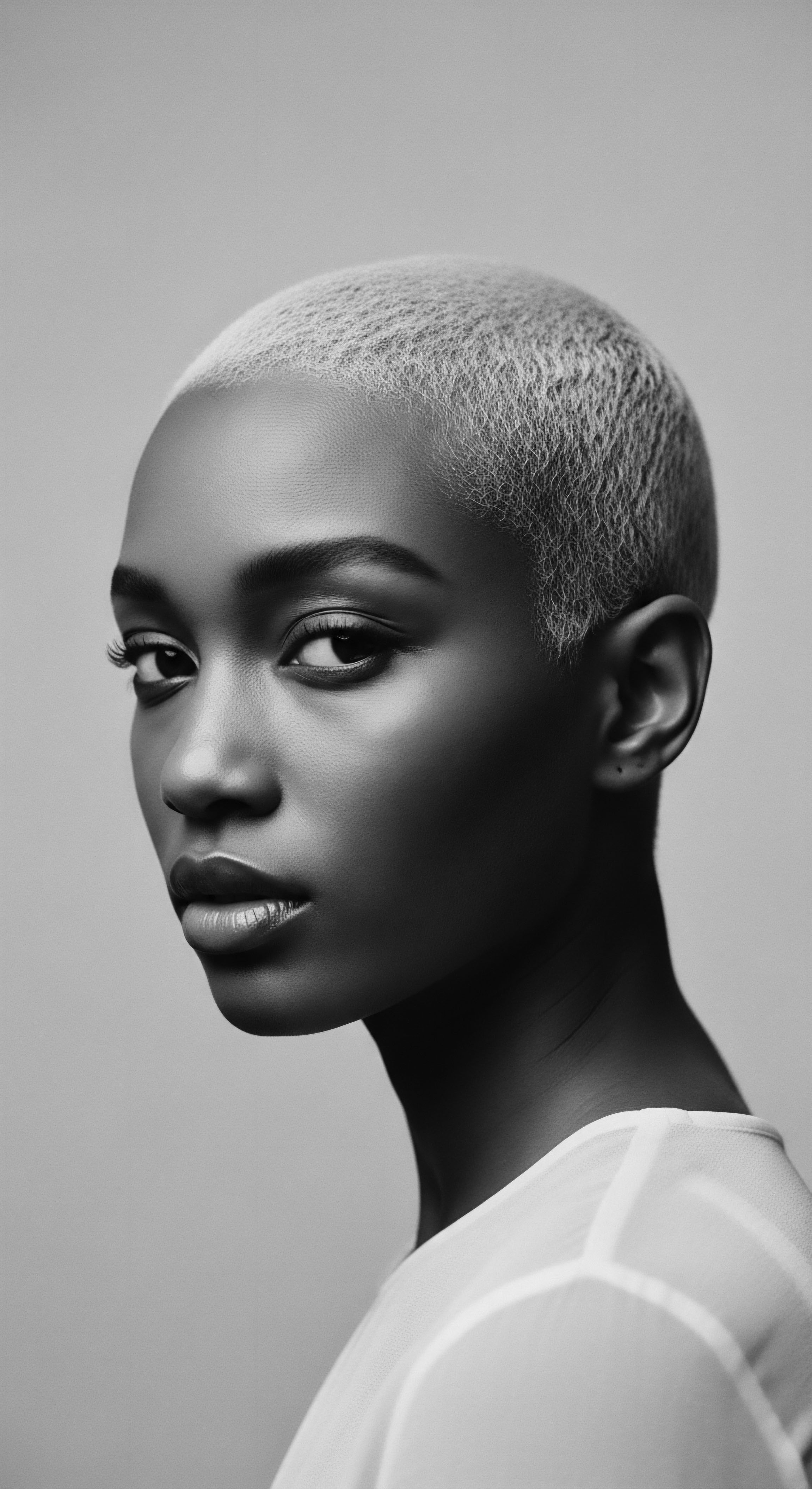
How Did the Tignon Laws Reshape Hair Covering Heritage?
The Tignon Laws compelled head coverings, yet Black and mixed-race women transformed them into symbols of defiant beauty and cultural pride.

What Is the Cultural Significance of Hair Coverings in Black and Mixed-Race Heritage?
Hair coverings in Black and mixed-race heritage symbolize protection, resistance, and a profound connection to ancestral identity.
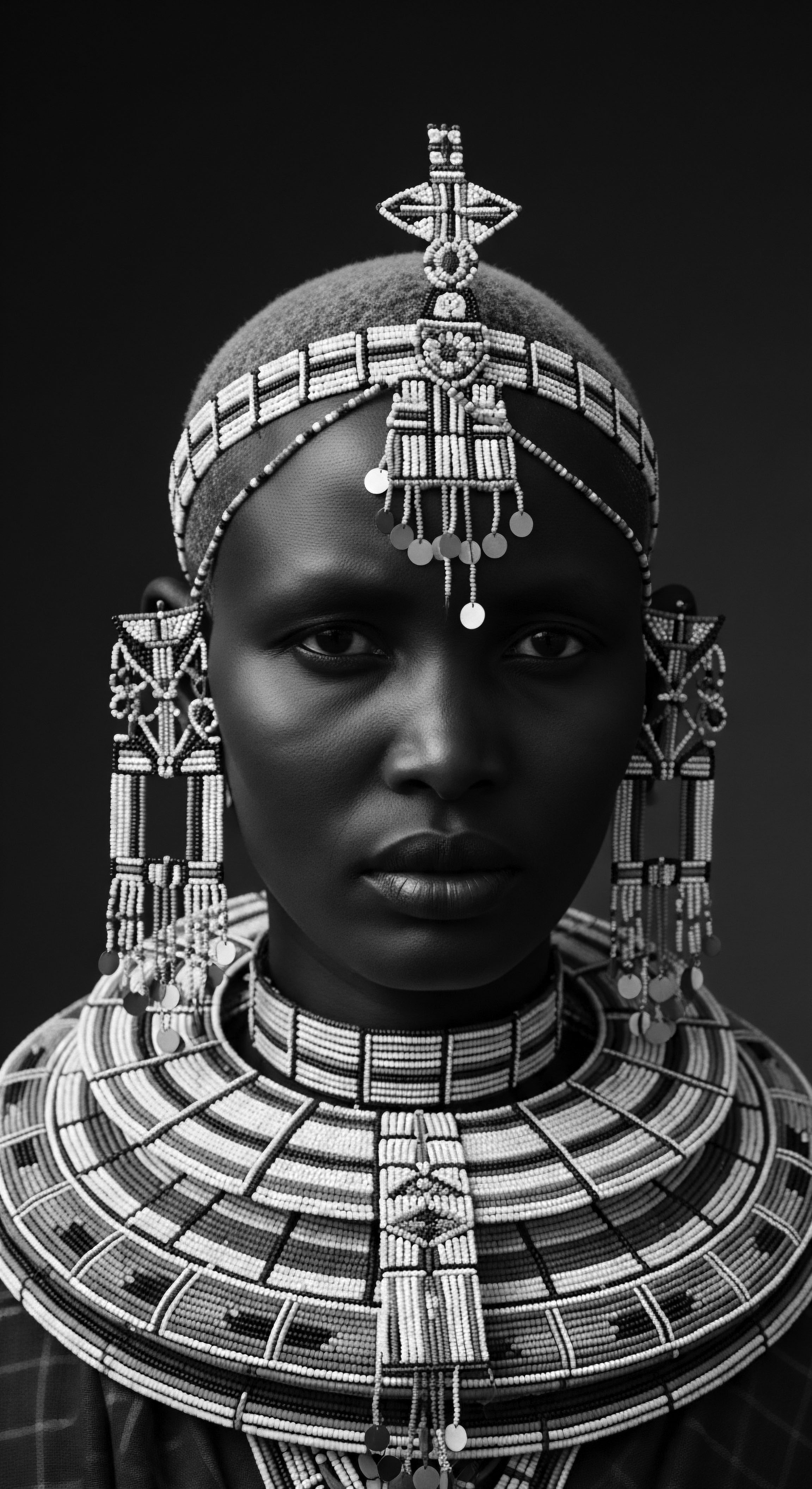
Heritage Knowledge
Meaning ❉ Heritage Knowledge encompasses the ancestral wisdom and enduring practices of care and identity tied to textured hair.
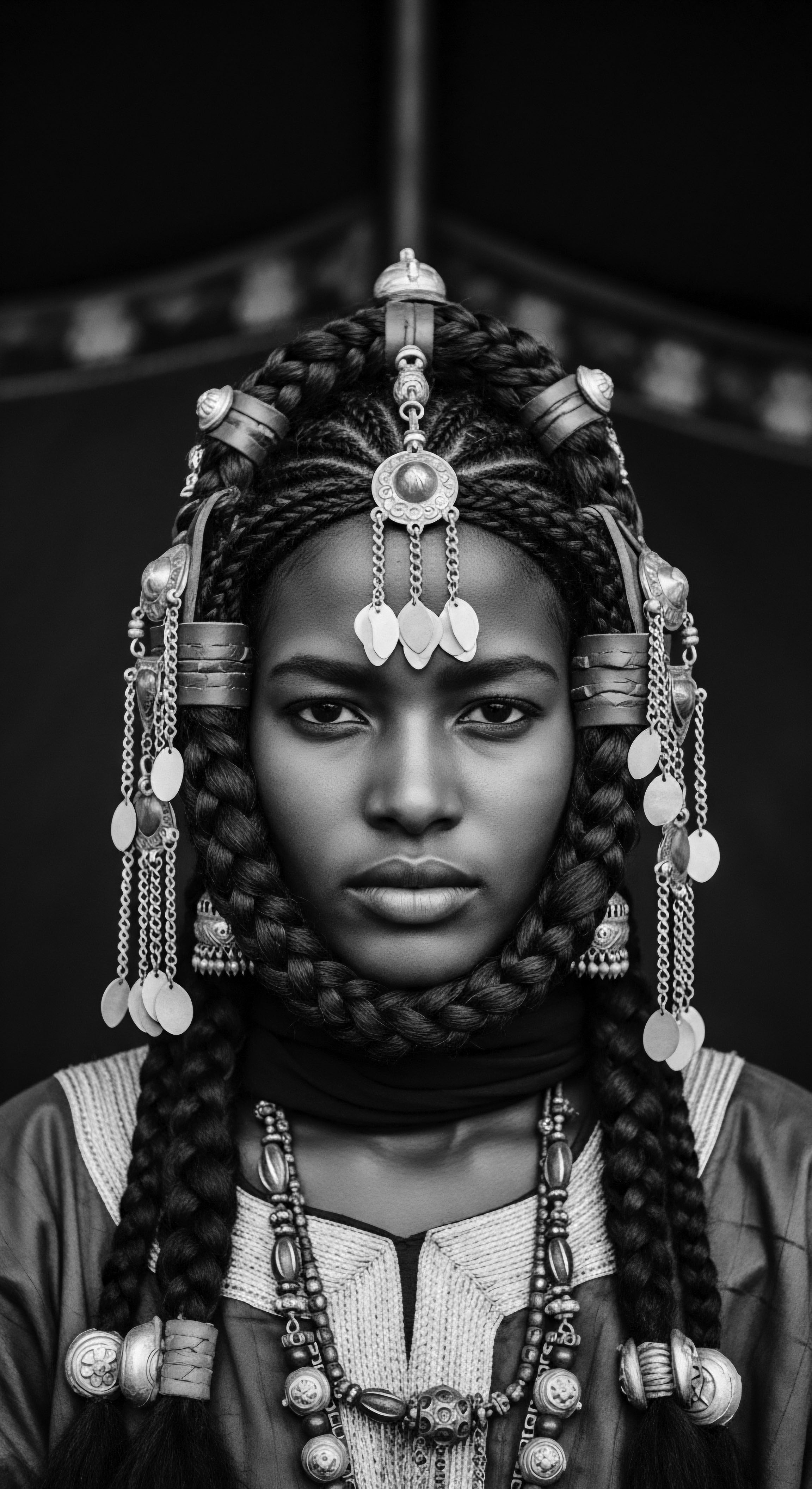
In What Ways Did Historical Hair Care Rituals Reflect Cultural Heritage?
Historical hair rituals, especially for textured hair, profoundly reflected cultural heritage through identity, communication, and community bonds.

How Does Textured Hair Heritage Connect to Identity?
Textured hair heritage shapes identity through ancestral practices, historical resistance, and ongoing cultural affirmation.
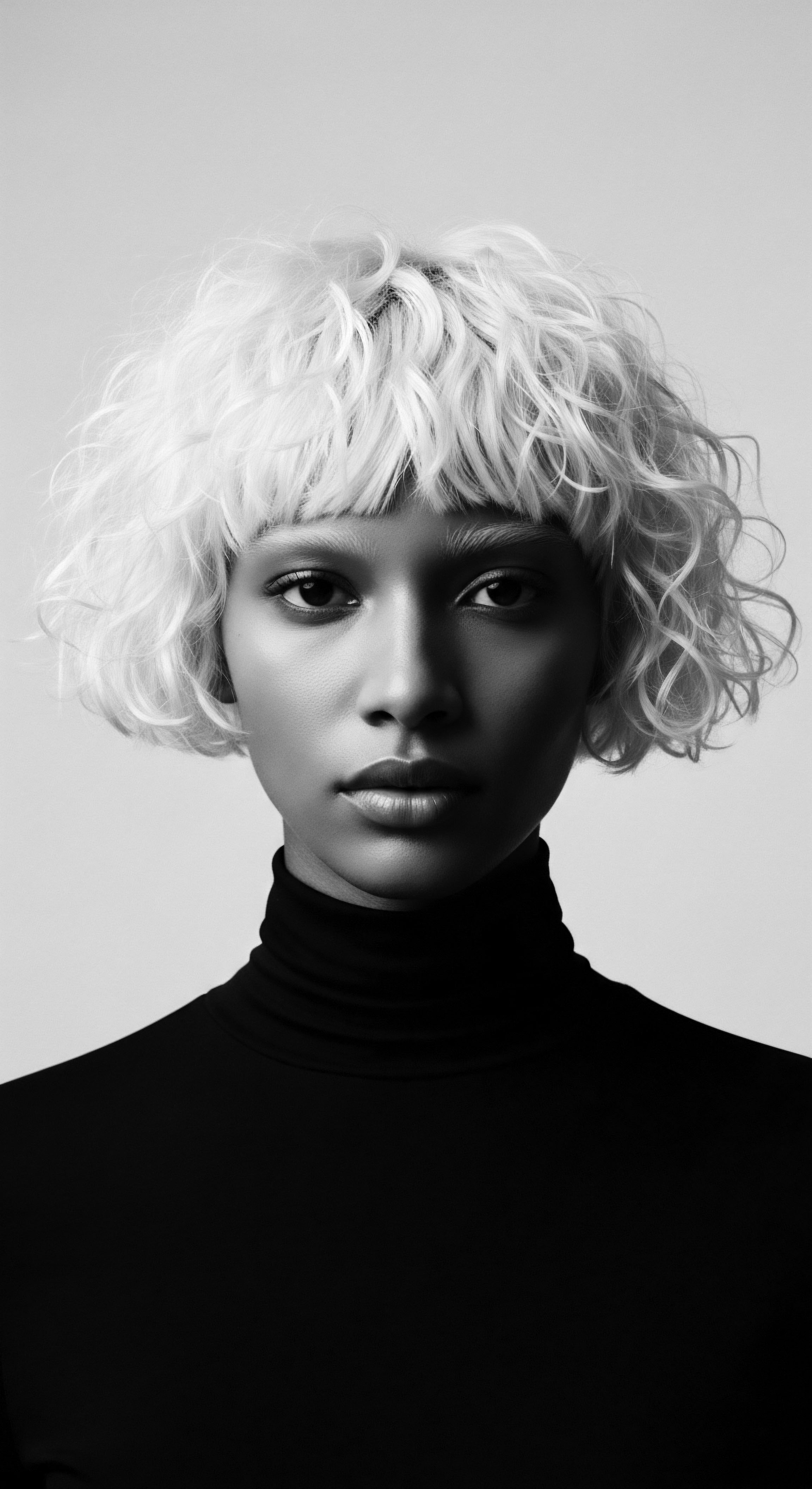
How Has Textured Hair Shaped Identity across Generations?
Textured hair profoundly shapes identity across generations through its deep cultural heritage and enduring acts of personal and communal expression.
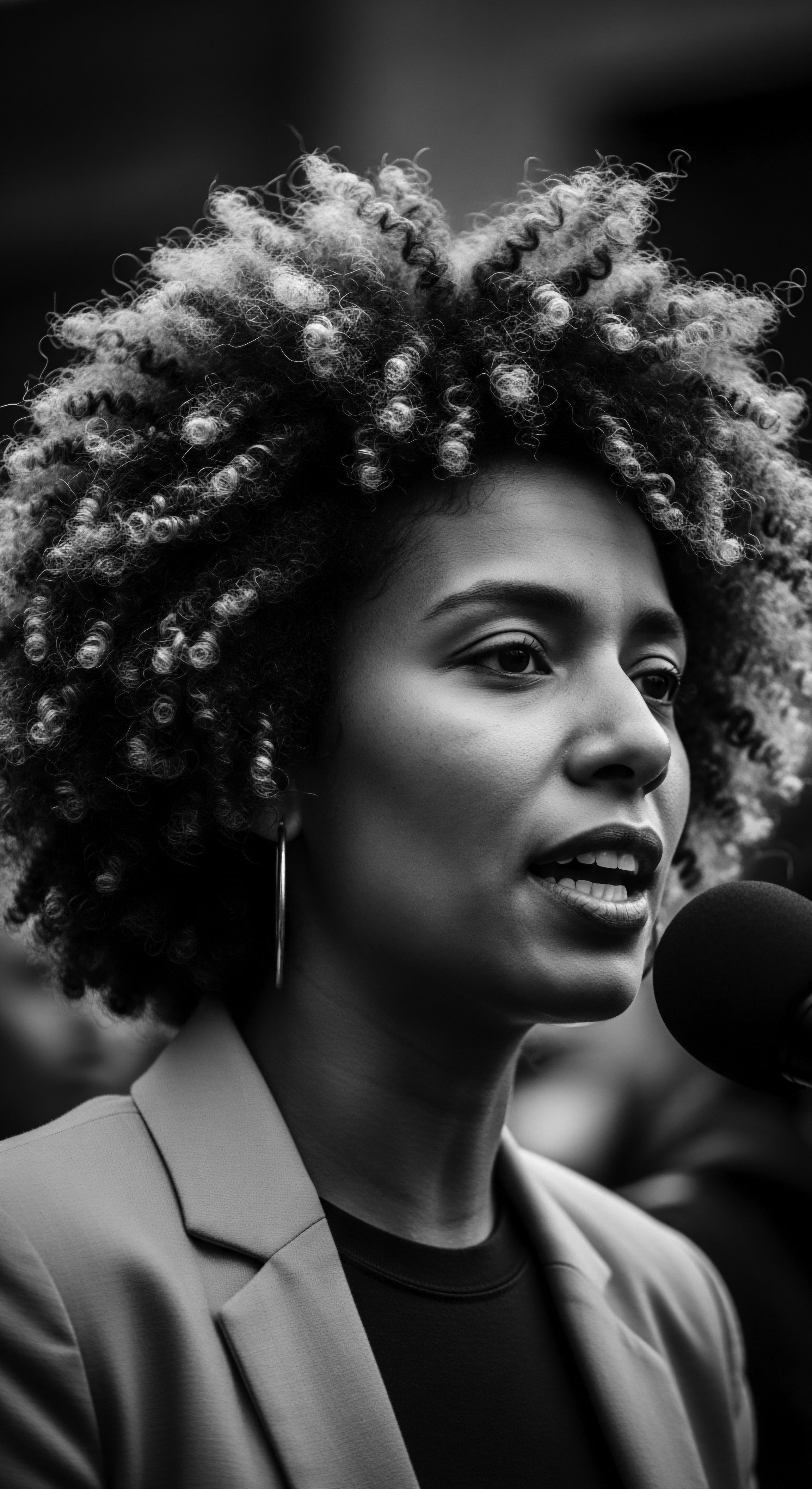
What Historical Events Shaped Textured Hair Care Practices and Identity?
Historical events transformed textured hair care from ancient cultural reverence to symbols of resistance and self-acceptance, rooted deeply in heritage.

